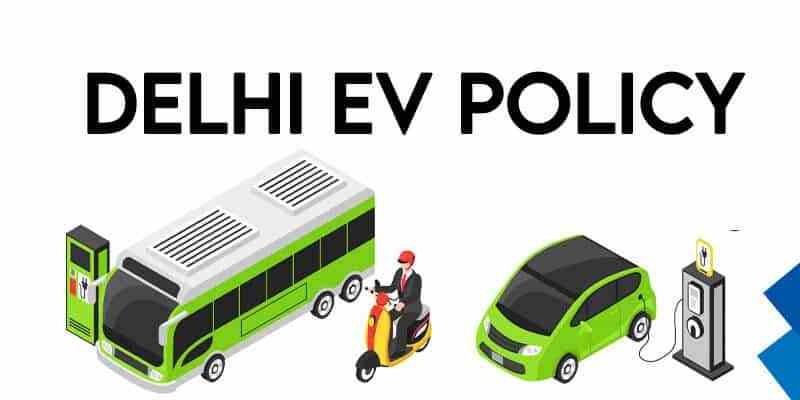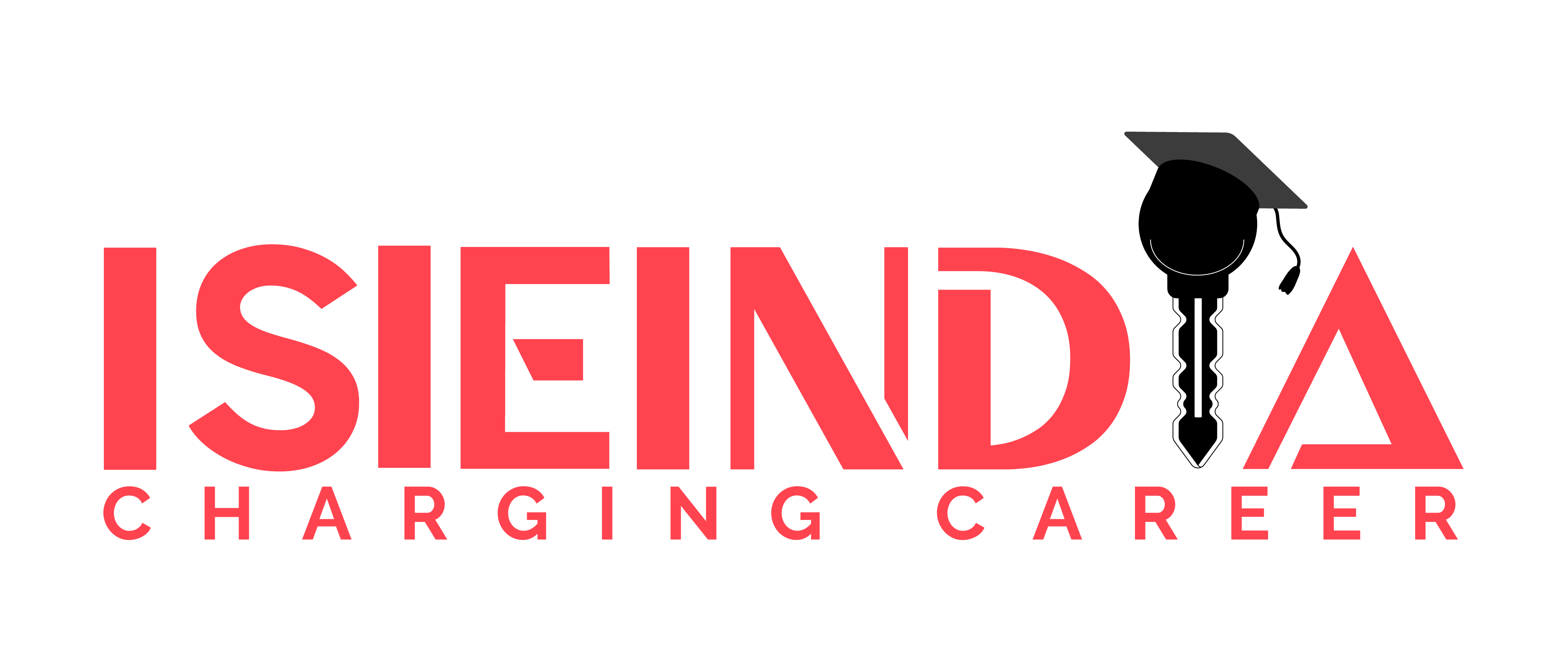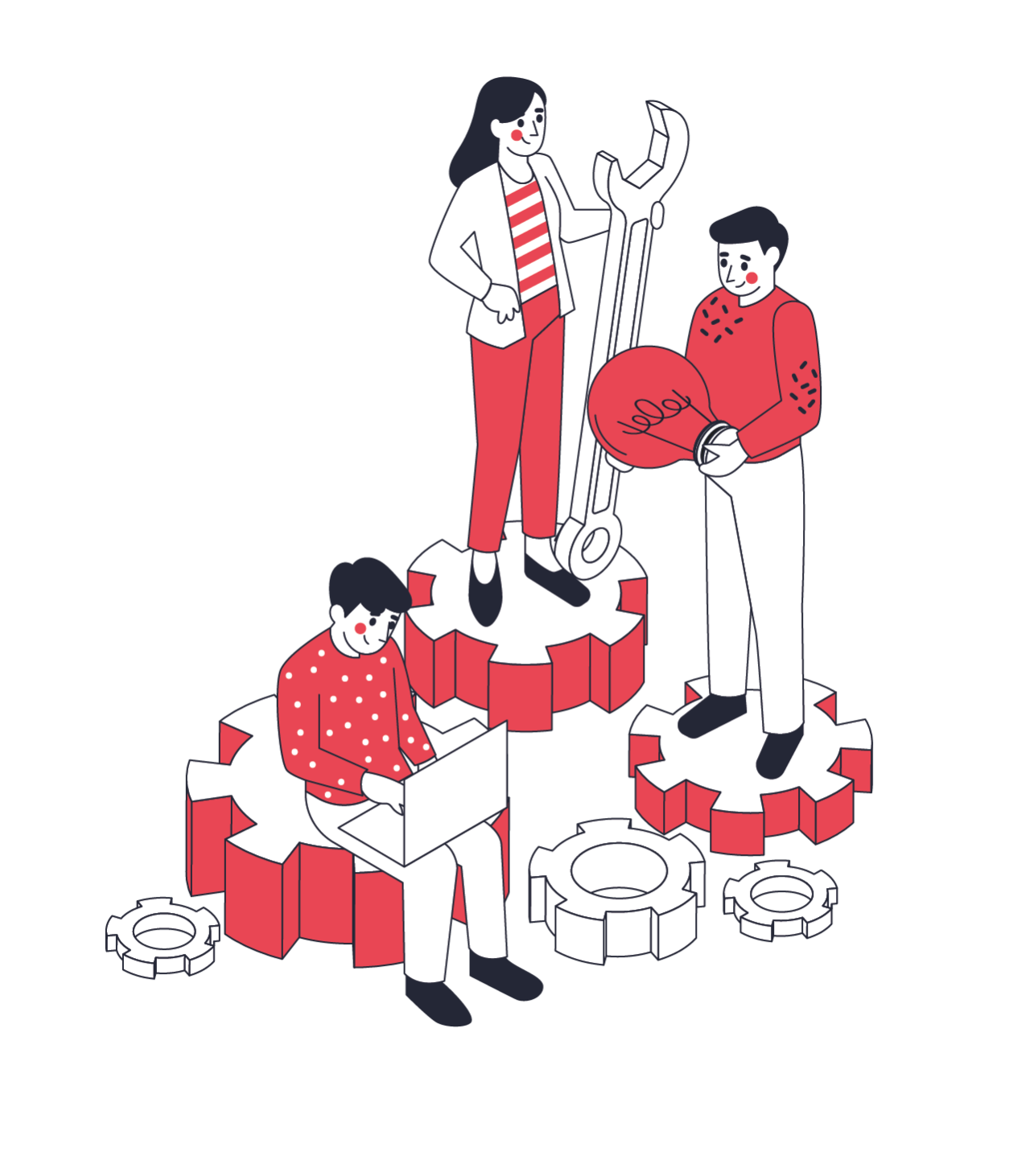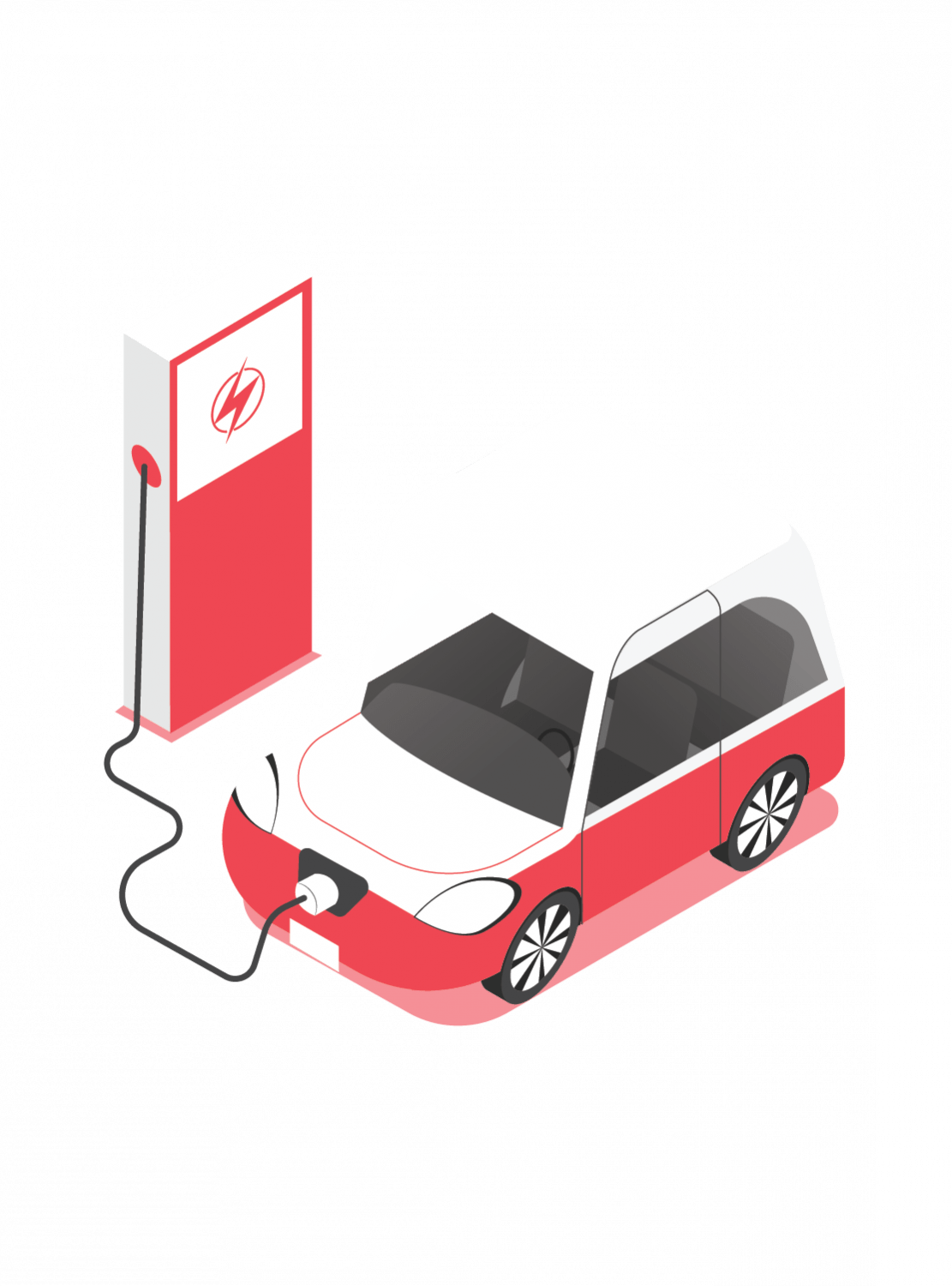Delhi's Bold EV Policy: Fossil Fuel Two-Wheelers to Be Banned by 2027
In a move that might just reshape how people get around Delhi, the government has unveiled a pretty ambitious Electric Vehicle (EV) policy Starting April 1, 2027, you probably won’t find any new two-wheelers running on fossil fuels being registered.
Big Shift Coming: Delhi Plans to Ban Fossil Fuel Two-Wheelers!
In a major push towards clean mobility and pollution control, the Delhi government has unveiled a bold Electric Vehicle (EV) policy. Starting April 1, 2027, sale of all fossil fuel-powered two-wheelers will be banned in the capital. This announcement signals a serious commitment toward sustainability, innovation, and public health.

What’s the Goal?
Delhi aims to increase its EV market share to 30% by 2030, a massive leap from the current 2.7% in 2023. To get there, the government plans to:
- Ban the sale of petrol/diesel scooters and bikes by 2027
- Offer cash incentives of up to ₹29,000 (~$350) on the purchase of electric two-wheelers
- Provide tax waivers for hybrid and electric vehicles
- Limit the number of gasoline/diesel vehicles per household
💸 Benefits for Consumers
If this policy is implemented, Delhi residents can expect:
- Financial incentives on EV purchases
- Lower running costs compared to petrol vehicles
- Tax exemptions and registration discounts
- Cleaner air and healthier environment
Industry Impact: EV Labs and Skill Development
As EV demand increases, the need for trained professionals, engineers, and EV technicians will skyrocket. Platforms like EV Labs are crucial in this transition. These labs equip students and institutions with real-world training in:
- Electric Vehicle Design & Simulation
- Battery Management Systems
- Charging Infrastructure
- Hybrid Technologies
- Sustainable Engineering
Want to build a career in EV technology? Explore ISIEINDIA’s EV Lab programs.
What Happens Next?
While this policy is still a proposal, it sets a strong precedent for the future of Indian mobility. As other states observe Delhi’s progress, similar transitions may roll out nationwide.
Final Thoughts
The clock is ticking on fossil fuels in Delhi. Whether you’re a commuter, student, or policymaker, the message is clear: The future is electric.
Now is the time to invest in EV education, skill development, and clean transport solutions.
Explore More:
For insights on electric vehicle training programs, awareness campaigns, and government-aligned initiatives, visit the official website of Imperial Society of Innovative Engineers (ISIE).




